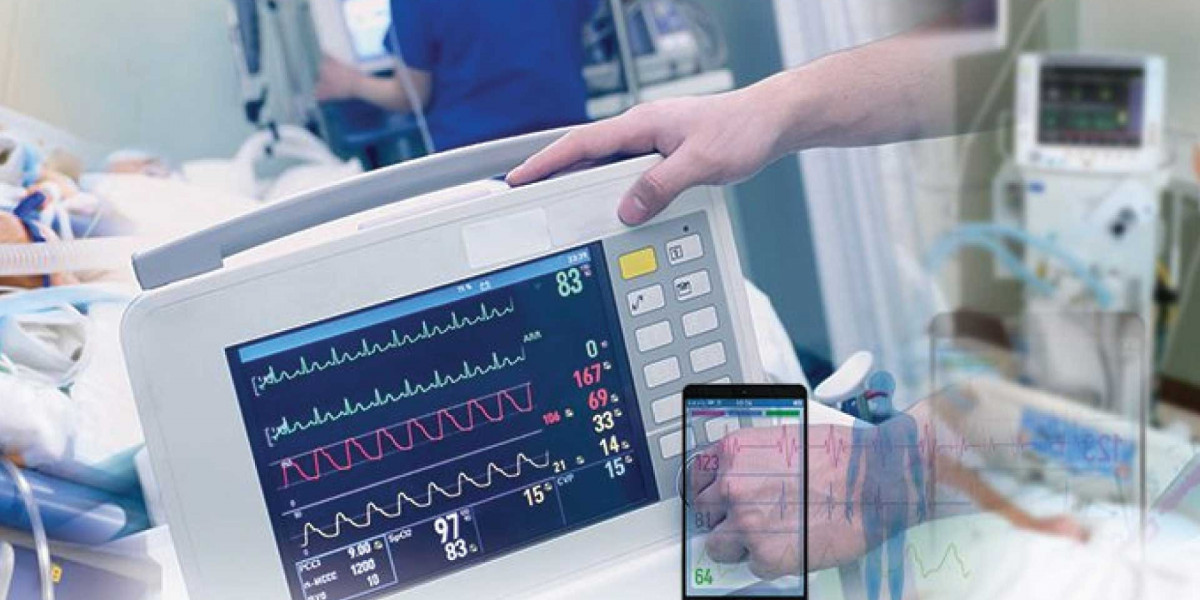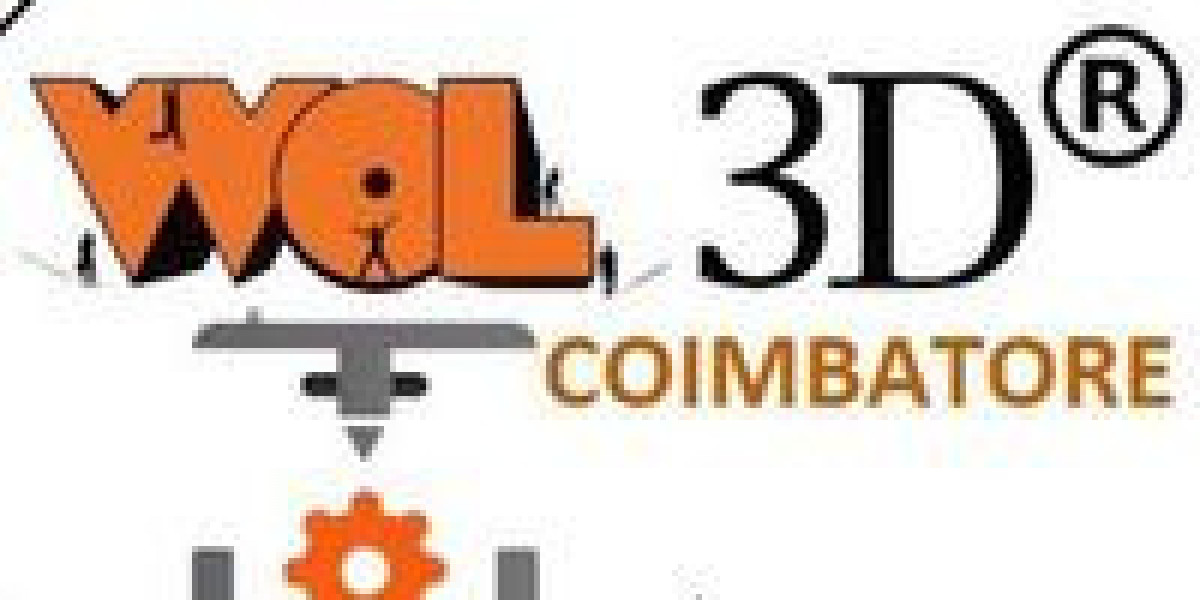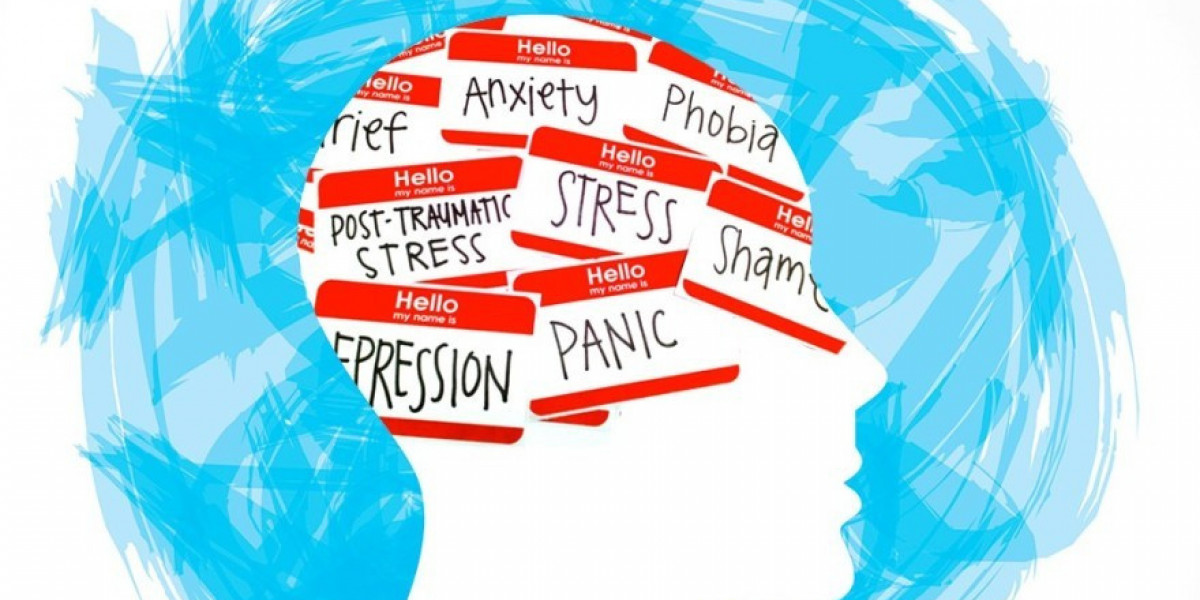ADHD (Attention-Deficit/Hyperactivity Disorder) treatment has evolved significantly over the years, offering new hope for elderly individuals managing this condition. Here, we explore the future of ADHD treatment, including emerging medications and therapies that may revolutionize how we manage ADHD in the elderly population. Finding the Best ADHD medication for adults with anxiety is crucial, as anxiety often co-occurs with ADHD and can complicate treatment. Medications that target both ADHD and anxiety symptoms, such as certain antidepressants or non-stimulant ADHD medications, may be beneficial for these individuals, but it's important to consult with a healthcare professional to determine the most suitable treatment.
Emerging Medications for ADHD
Several emerging medications show promise in treating ADHD in elderly individuals. One such medication is dasotraline, a long-acting dopamine and norepinephrine reuptake inhibitor. Dasotraline has shown effectiveness in improving ADHD symptoms, including inattention, hyperactivity, and impulsivity, with a lower risk of abuse potential compared to other stimulant medications. Another emerging medication is SPN-812, a novel non-stimulant medication that targets norepinephrine transporters. SPN-812 has demonstrated efficacy in reducing ADHD symptoms in clinical trials and may offer a new treatment option for elderly individuals with ADHD.
Innovative Therapies for ADHD
In addition to emerging medications, several innovative therapies are being explored for the treatment of ADHD in elderly individuals. Neurofeedback therapy is one such therapy that has shown promise in improving ADHD symptoms by training individuals to regulate their brainwave patterns. Transcranial magnetic stimulation (TMS) is another innovative therapy that involves stimulating specific areas of the brain with electromagnetic pulses. TMS has shown effectiveness in improving ADHD symptoms, particularly in individuals who do not respond to traditional medications.
Personalized Treatment Approaches
One of the most exciting developments in ADHD treatment is the move towards personalized treatment approaches. Researchers are exploring genetic markers and other biomarkers that may help predict individual responses to medications and therapies. This personalized approach could lead to more tailored and effective treatments for elderly individuals with ADHD, reducing the trial-and-error process often associated with finding the right treatment.
Integrative Approaches to ADHD Treatment
Another emerging trend in ADHD treatment is the integration of complementary and alternative therapies. Practices such as mindfulness meditation, yoga, and dietary modifications are being studied for their potential benefits in managing ADHD symptoms. While more research is needed to establish the effectiveness of these approaches, they offer promising avenues for holistic ADHD management in elderly individuals.
Conclusion
The future of ADHD treatment looks promising, with emerging medications, innovative therapies, personalized treatment approaches, and integrative approaches offering new hope for elderly individuals with ADHD. As research in this field continues to advance, we can expect to see more effective and individualized treatments that improve the quality of life for elderly individuals managing ADHD. By staying informed about these advancements, elderly individuals and their healthcare providers can make informed decisions about the best treatment options for their unique needs.








